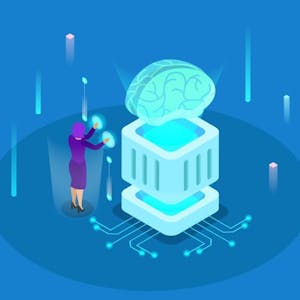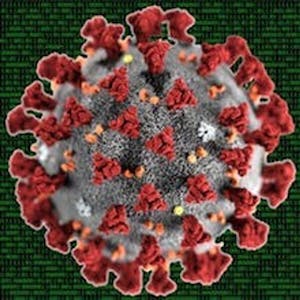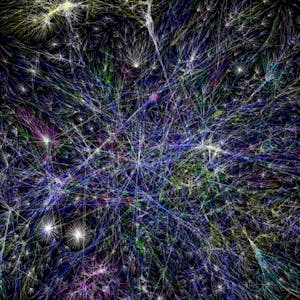Foundations of Neural Networks
About this Specialization
This Specialization is intended for post-graduate students seeking to develop advanced skills in neural networks and deep learning. Through three courses, you will cover the mathematical theory behind neural networks, including feed-forward, convolutional, and recurrent architectures, as well as deep learning optimization, regularization techniques, unsupervised learning, and generative adversarial networks. You will also explore the ethical issues associated with neural network applications. By the end of the specialization, you will gain hands-on experience in formulating and implementing algorithms using Python, allowing you to apply theoretical concepts to real-world data. This specialization prepares you to design, analyze, and deploy neural networks for practical applications in fields such as AI, machine learning, and data science, and equips you with the tools to address ethical considerations in AI systems. As you progress, you\'ll be able to independently implement and evaluate a variety of neural network models, setting a strong foundation for a career in AI research or development.Created by: Johns Hopkins University

Related Online Courses
This course focuses on developing Python skills for assembling business data. It will cover some of the same material from Introduction to Accounting Data Analytics and Visualization, but in a more... more
This specialization is aimed at beginners interested in cloud computing. Start with the basics of containers. Build on that knowledge by learning how to orchestrate a collection of containers.... more
This Guided Project, Introduction to D3.js is for those who want to learn about D3.js which is a JavaScript library for producing SVG-based, dynamic, interactive data visualizations in web... more
This Specialization is intended for anyone to learn practical applied Bioinformatics skills by studying real data from the COVID-19 pandemic. Whether you\'re new to the world of computational... more
The data science revolution has produced reams of new data from a wide variety of new sources. These new datasets are being used to answer new questions in way never before conceived. Visualization... more






